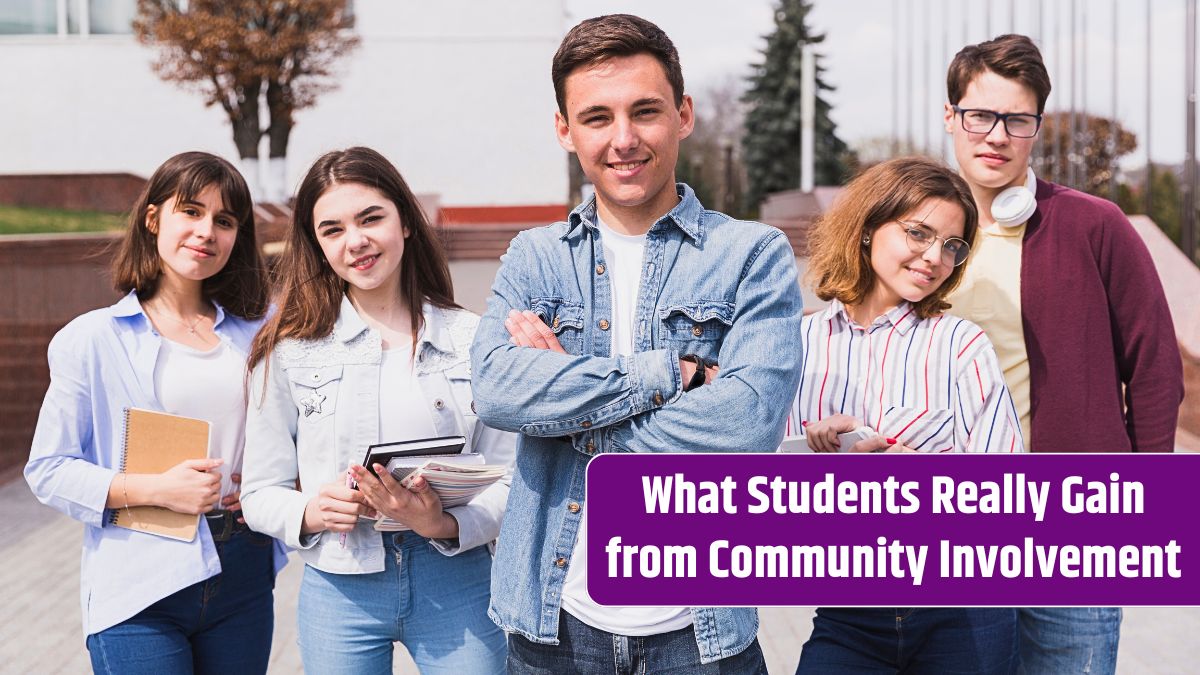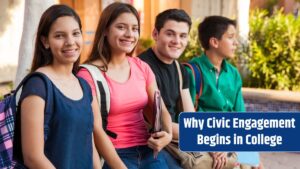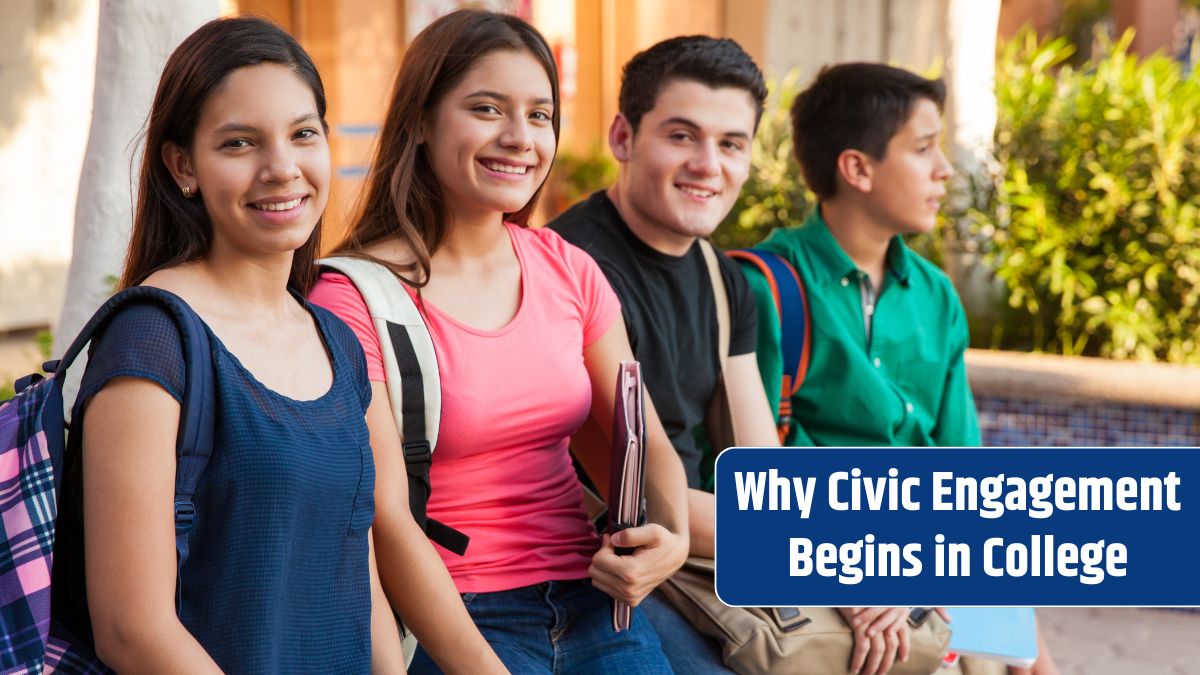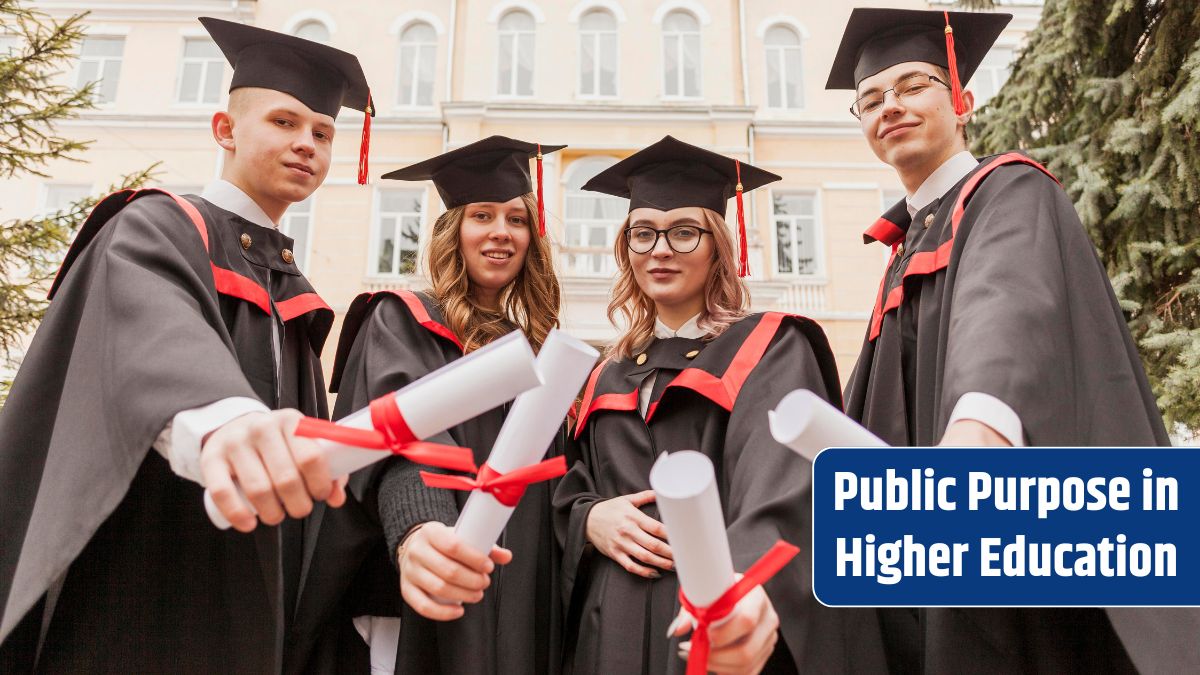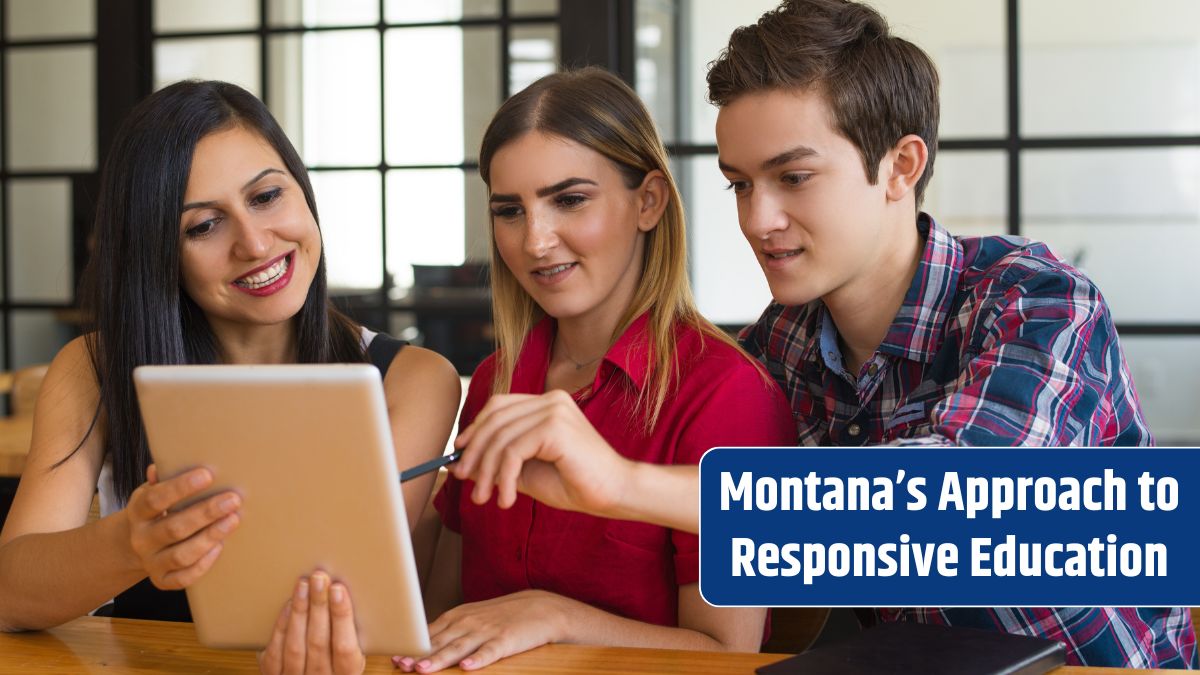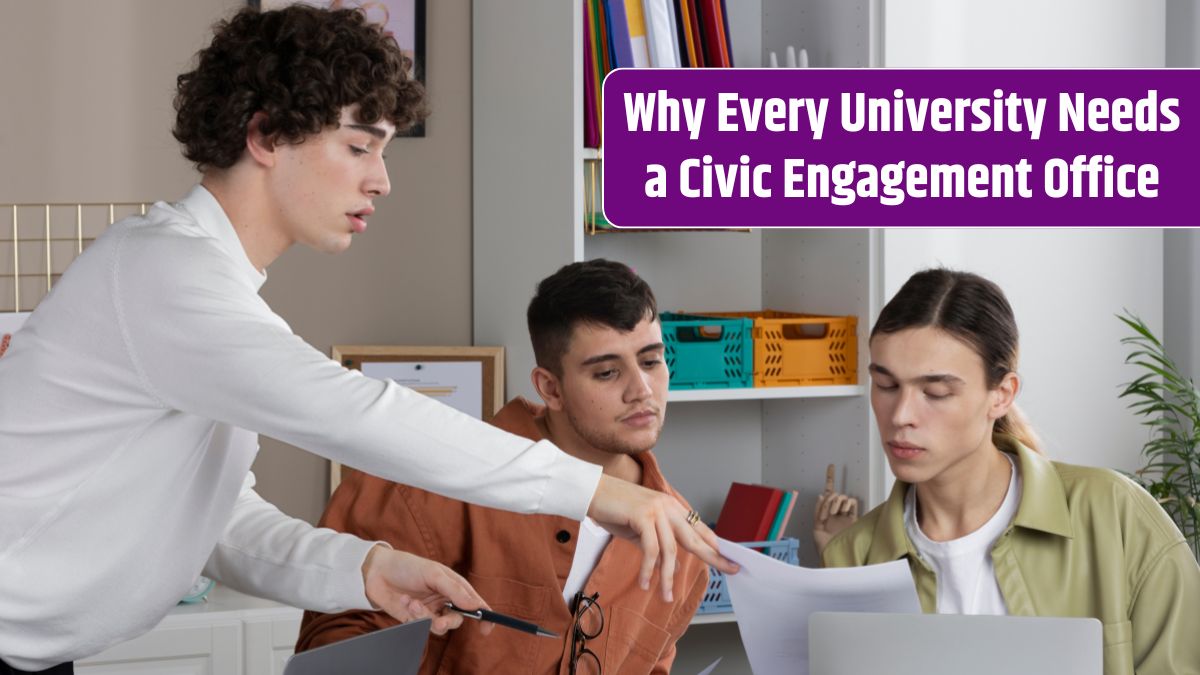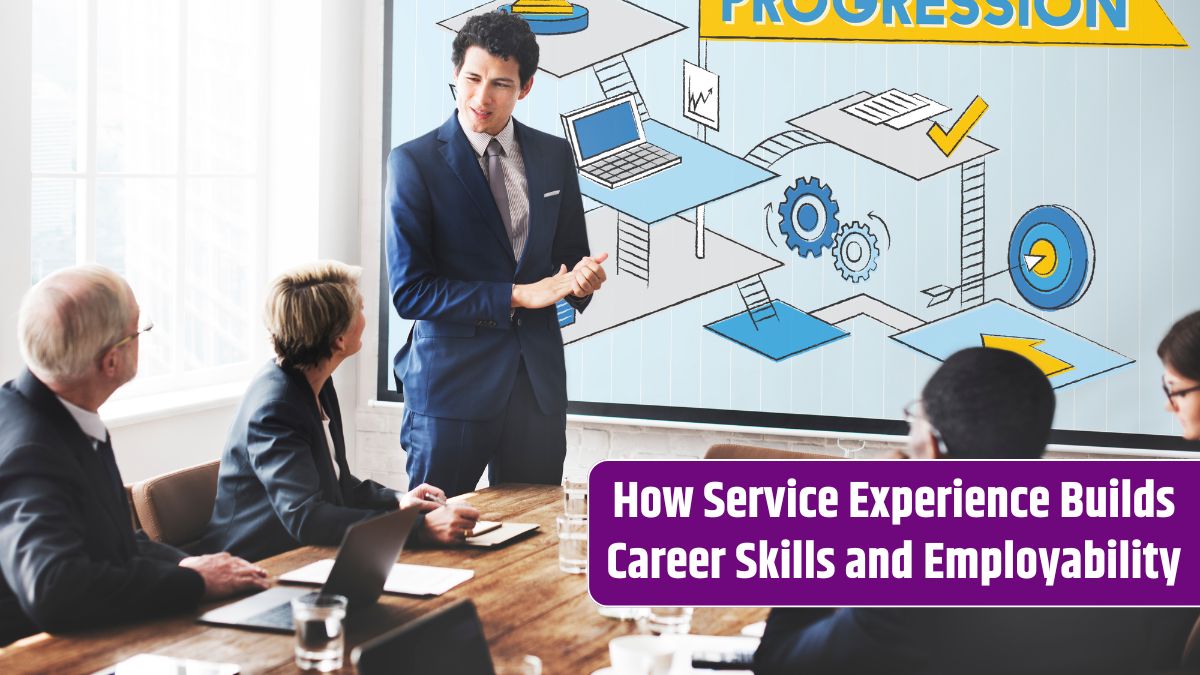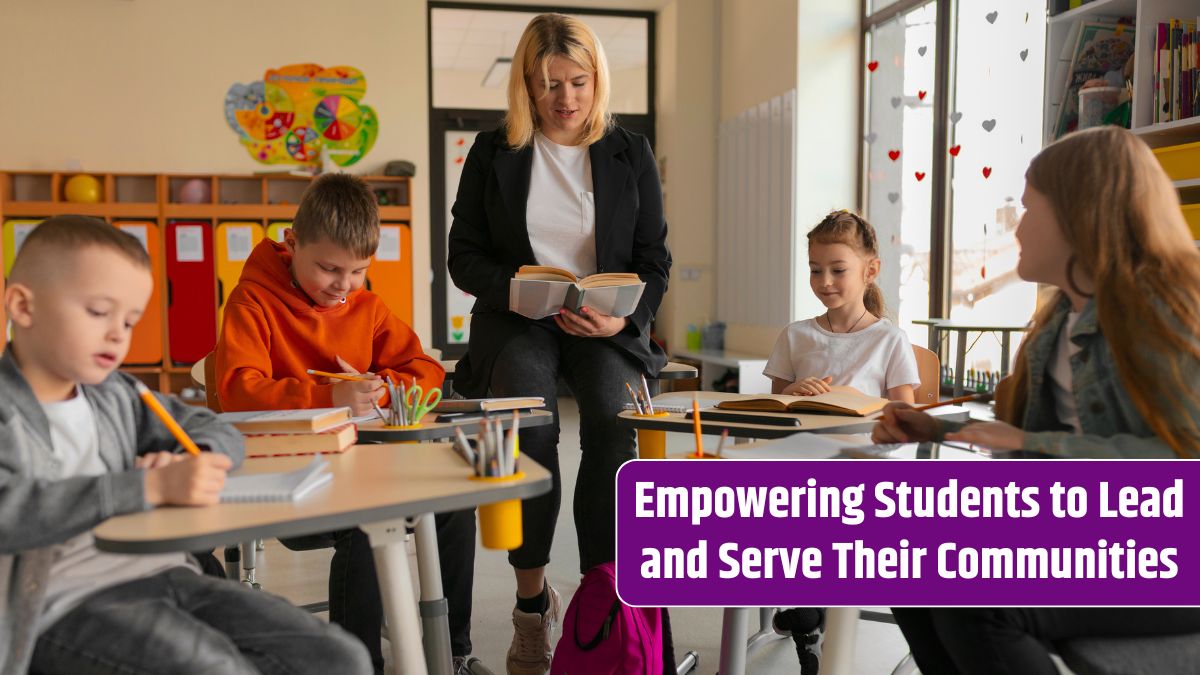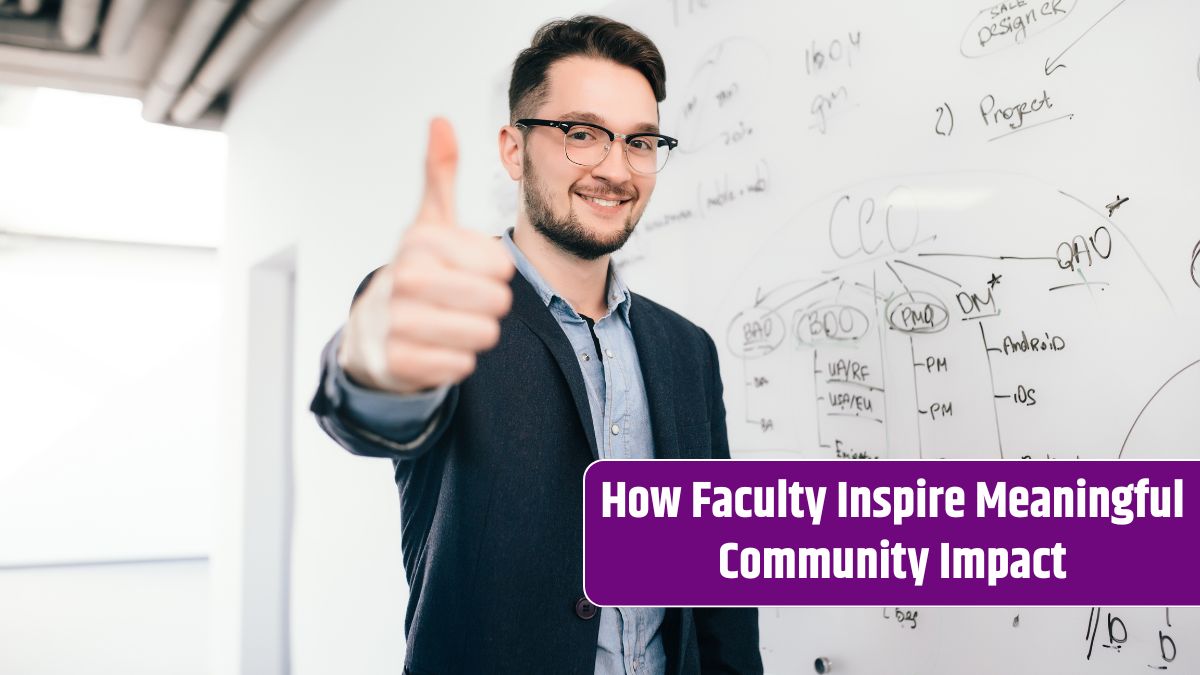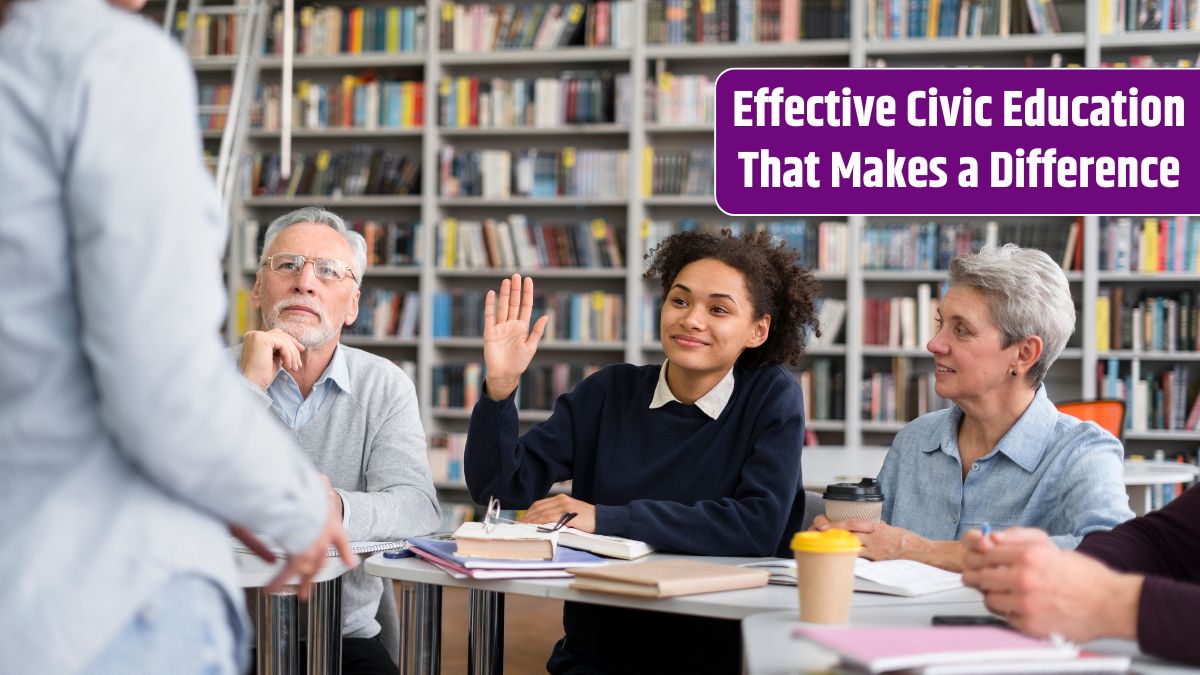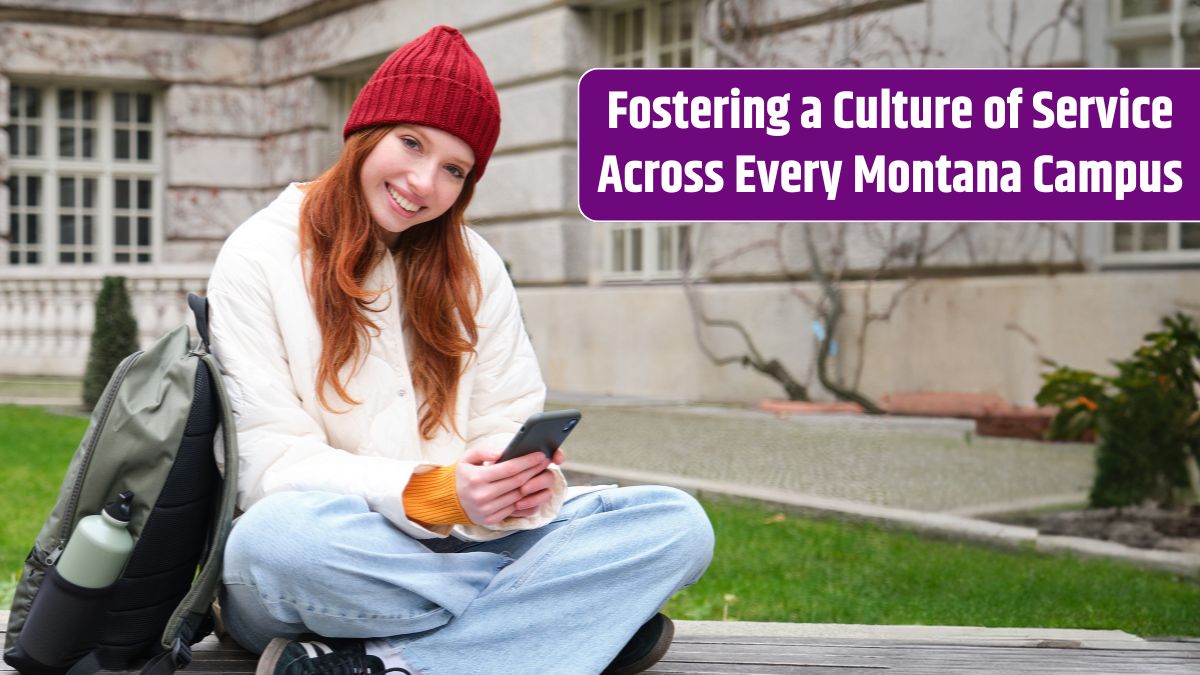We all know school is about learning—but what if some of the most powerful lessons aren’t found in books? When students step into their communities, they unlock skills, confidence, and connections that traditional classrooms just can’t offer. Community involvement is where education meets experience, and the results are nothing short of life-changing. Let’s look at what students really gain when they give back.
Table of Contents
Confidence
One of the first things students gain is self-belief. When they volunteer, lead a fundraiser, or speak at a community meeting, they know what they’re capable of. It’s like a personal lightbulb moment—“Wow, I can actually make a difference.” That kind of realization sticks with them and fuels even bigger goals down the road.
Skills
Forget boring worksheets. Community involvement teaches real-world skills that employers and colleges love. We’re talking leadership, time management, public speaking, and problem-solving. A student who organizes a neighborhood clean-up learns coordination, logistics, and teamwork—skills that no test can measure, but every job requires.
Empathy
Community work puts a human face on problems. It turns statistics into stories. When students help at a food bank or mentor younger kids, they start to see life from someone else’s shoes. This builds empathy—something we desperately need in our world. Plus, it encourages kindness, open-mindedness, and stronger relationships.
Purpose
Let’s be honest—school can feel aimless sometimes. But when students get involved in their community, they see real purpose behind their actions. They understand that what they do matters. Whether they’re improving a park, helping elders, or raising awareness for a cause, they’re contributing to something bigger than themselves.
Networks
It’s not what you know, it’s who you meet—and community involvement opens a lot of doors. Students connect with local leaders, nonprofits, and mentors who can offer guidance, opportunities, and even future internships or jobs. These networks often become lifelong assets.
Growth
All these experiences add up to serious personal growth. Students become more adaptable, mature, and thoughtful. They move from just learning about the world to shaping it. And that kind of growth can’t be graded—it’s something they carry for life.
Check out this table breaking down the benefits:
| Benefit | What Students Gain |
|---|---|
| Confidence | Self-belief, courage to take initiative |
| Skills | Leadership, teamwork, time management |
| Empathy | Emotional intelligence, compassion |
| Purpose | Motivation, sense of responsibility |
| Networks | Mentorship, community connections |
| Growth | Maturity, real-world awareness |
Getting involved in the community doesn’t just help others—it shapes students into capable, caring, and confident individuals. It’s not just about what they give, but also about what they gain—beyond the books and into the heart of real-life learning.
FAQs
What is community involvement?
It’s students helping out or engaging with local people and causes.
How does it help students grow?
It builds confidence, empathy, and real-world skills.
Does volunteering help career readiness?
Yes, it builds leadership, networks, and job experience.
What skills can students gain?
They gain teamwork, public speaking, and problem-solving.
Why is empathy important for students?
It helps them understand others and build better relationships.

